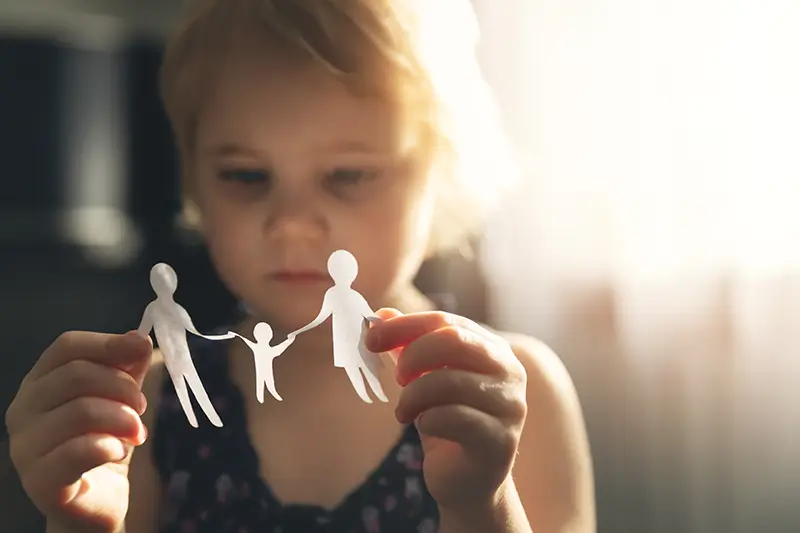I was once asked who my ideal client was. I didn’t need a moment to think; I knew straight away – my ideal client is no one. Not because I don’t love helping and supporting people, but because if I had no clients, it would mean that no one would need a divorce because everyone was in happy, healthy relationships. But unfortunately, that’s not the reality, and that’s okay. When it’s time to move on from your partner, we’re here to help you sort out the finer details.
We understand that seeing a lawyer can seem daunting, but we’ll do all that we can to ensure you feel comfortable and supported. That begins with making sure you feel prepared for your first consultation with us, so we’ve created this guide to help ease your nerves.
What happens during our first consultation?
This is usually a one-hour meeting that is completely free of charge. We’ll use this time to get to know you, your situation, and the reasons why you are seeking a divorce or separation from your de facto partner. From here, we’ll start planning a way forward. From the information you tell us, we’ll be able to let you know of the likely outcome of your matter, any anticipated risks, and the costs involved. We’re here to provide you with the most accurate information, so it is important that you are open and honest with us from the beginning. We are not here to judge; only to inform, support and guide you through this stage of your journey.
The divorce itself is just a signed document, however the repercussions of this document will be our key focus such as ensuring your Will is updated, your property and assets are equally distributed, and the best interests of your children are upheld in child custody arrangements.
What details will you need to know?
Coming prepared to your first consultation will mean we can make the best use of your time. The following documentation and information will be helpful:
- Key dates of your relationship, such as when you first met, moved in, got married and separated
- A list of shared assets, including any property, shares, companies or partnerships, cars, bank savings, or anything else of significant value
- Please bring with you any statements or documents related to the above, such as bank statements or contracts
- A list of shared debts, including bank loans, mortgages, credit cards, or anything else of significant value
- Please bring with you any statements or documents related to the above, such as credit card statements or loan details
- Details of any children you share, as well as any proposed child custody agreements
- Details of you and your ex-partner’s superannuation (if possible)
- Details of you and your ex-partner’s job roles and incomes
- Details of any inheritance or gifts obtained by either you or your partner during your relationship, including both money and assets
- A copy of your Binding Financial Agreement (also known as pre-nuptial agreement) if you have one
- Any other legal documents that may be useful, such as Court Orders
- Any communications between you and your ex-partner regarding the separation, divorce, or any other related matter, including texts, emails, and letters.
What happens next?
Your first consultation with us is entirely non-obligation. However, if you decide to proceed with us as your lawyers, we will be there to support you in an open, honest, and caring way. Our approach to each case is different based on the individual circumstances, but we’ll outline it all for you during our first consultation including any further documentation we may need to best support you moving forward.
How do I book my free initial consultation?
You can either call our friendly reception team on (03) 5996 1600 or book online via our website.
By Simon Varszeghy



